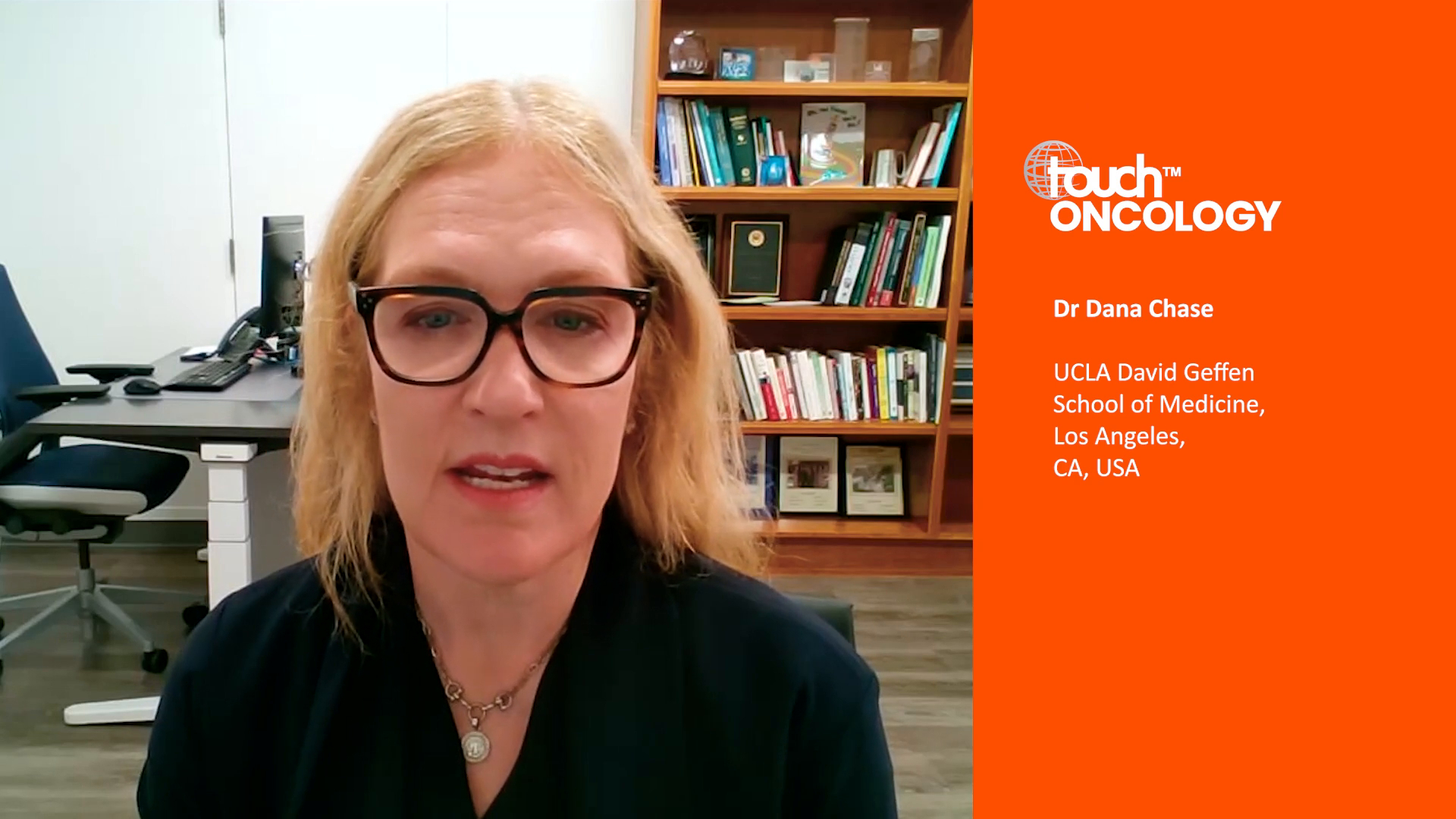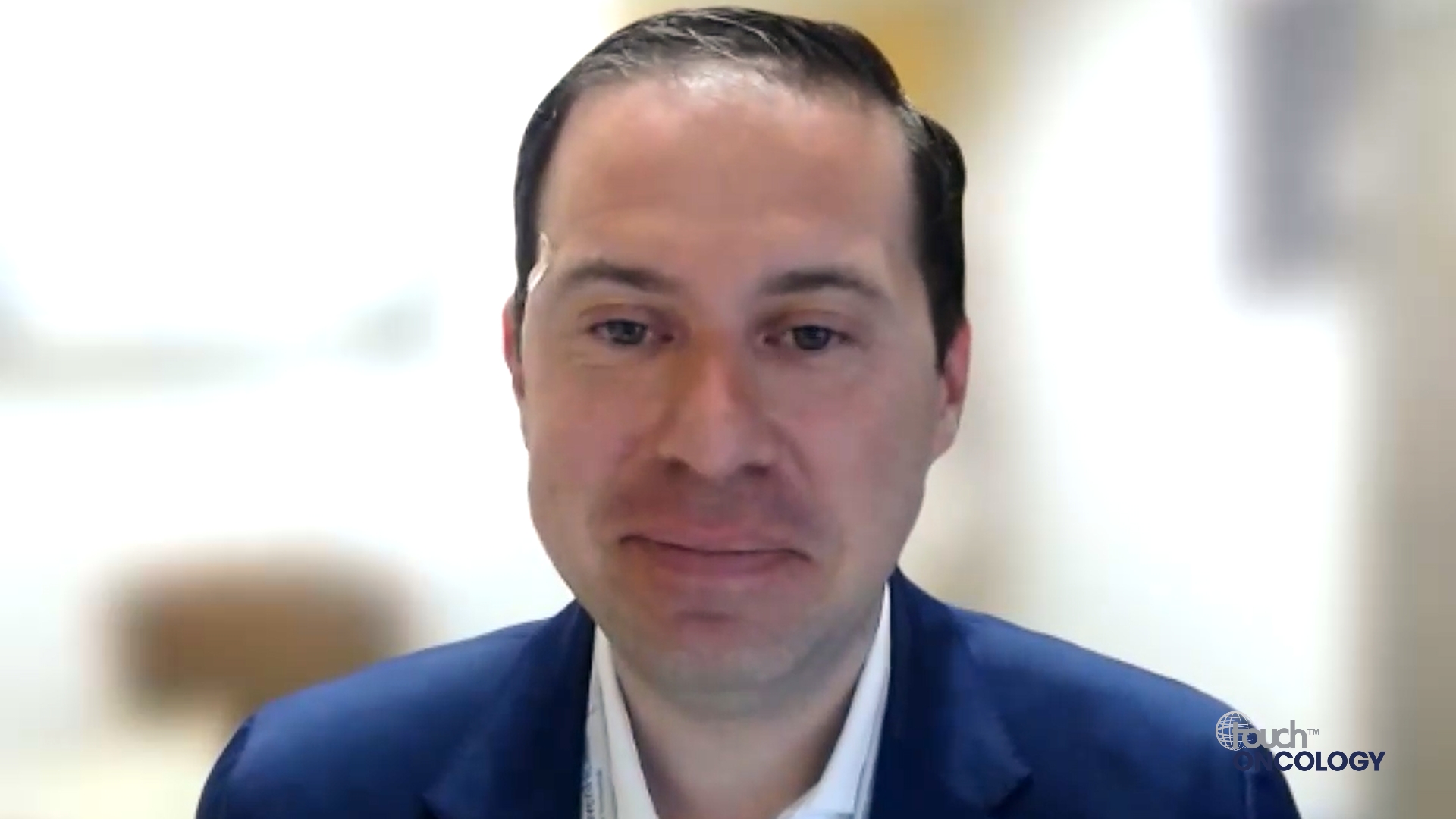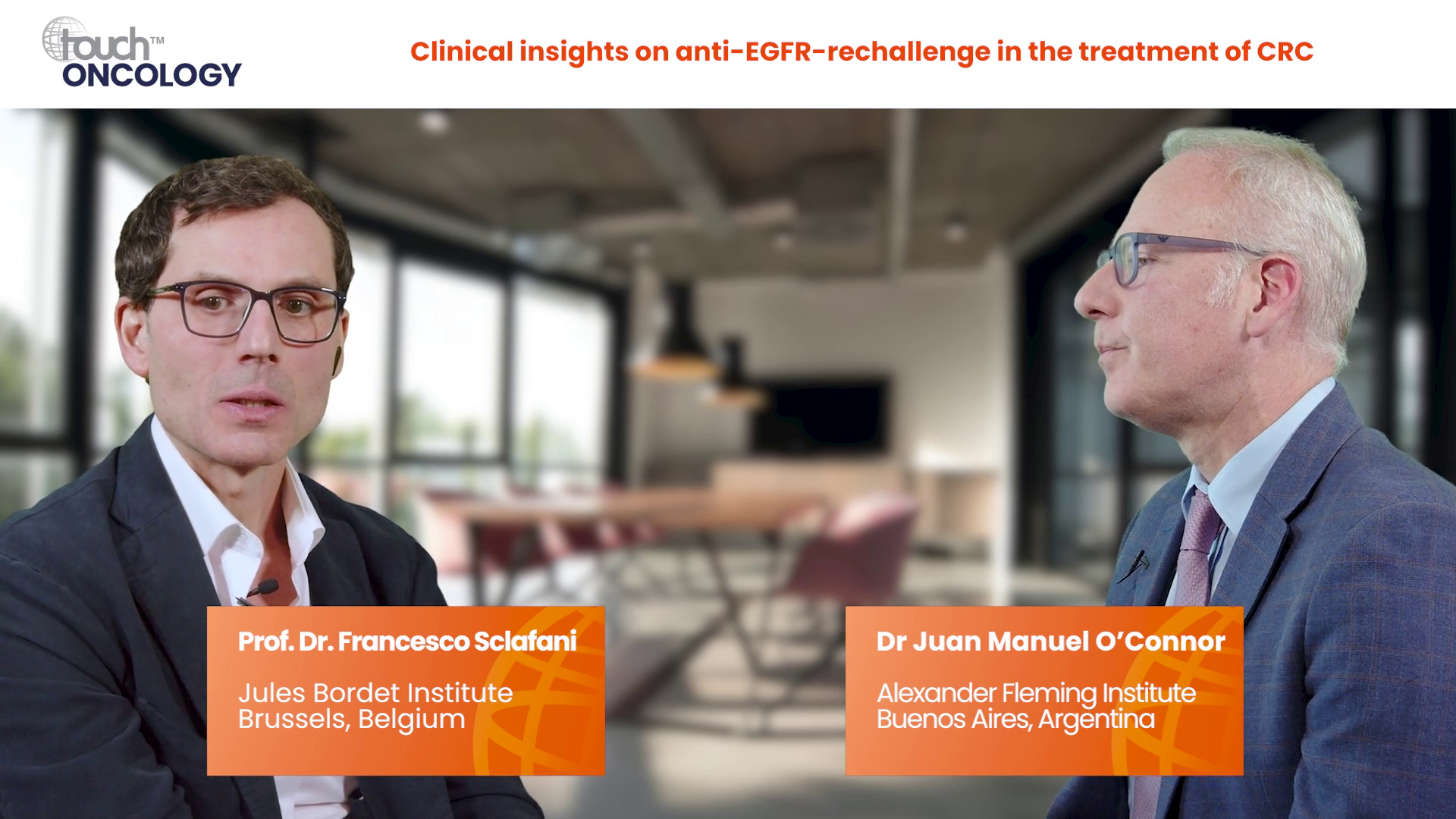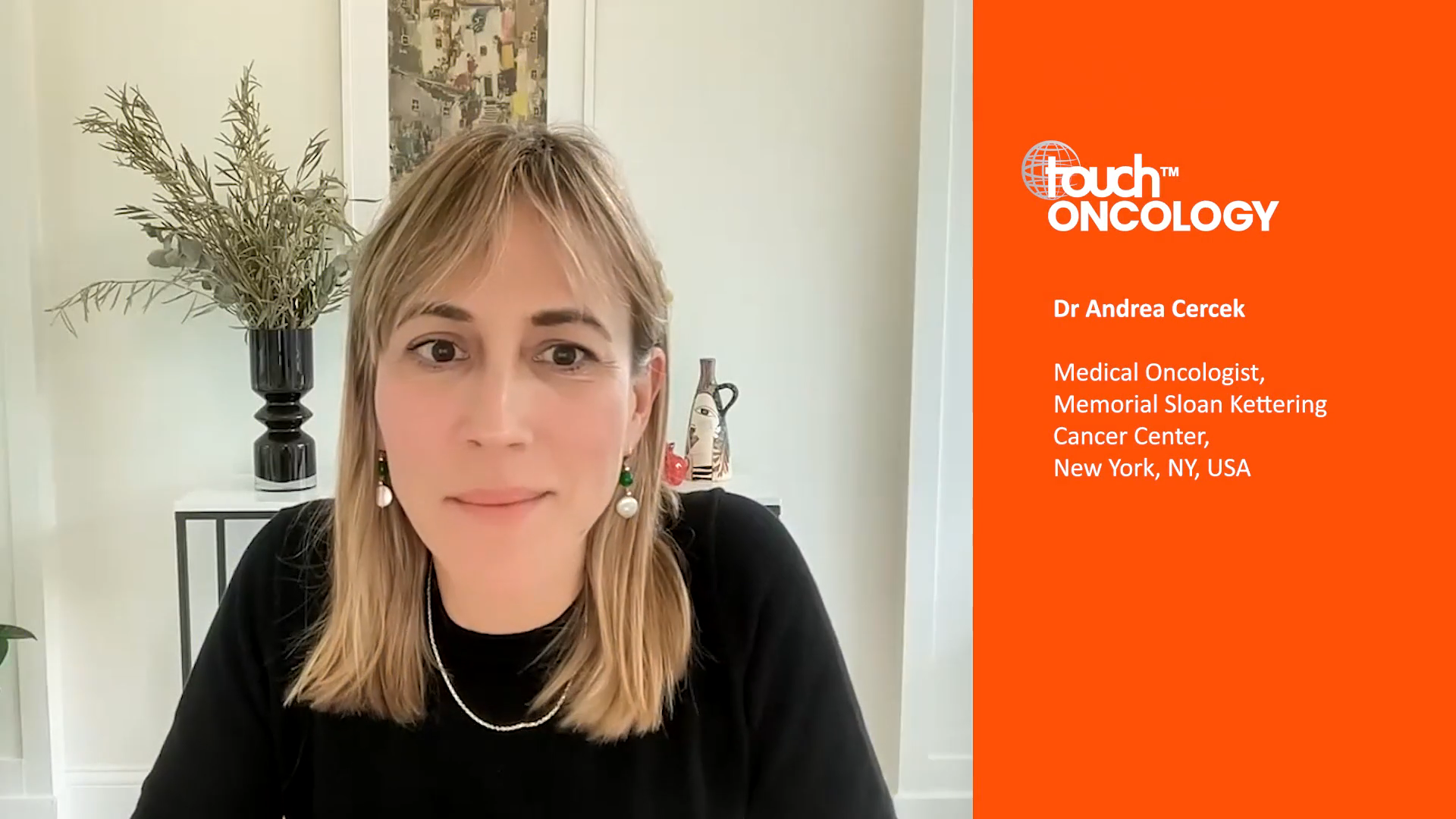Colorectal Cancer
An Introduction to Colorectal Cancer
Colorectal cancer (CRC) is the third leading cause of cancer death worldwide. The mainstay of treatment for advanced disease is chemotherapy combined with angiogenesis inhibitors and epidermal growth factor receptor (EGFR) inhibitors, but outcomes and toxicity are highly variable. Recent advances include combined small molecule/monoclonal antibody therapies for CRC with the V600E mutation in the BRAF gene for metastatic disease and immune checkpoint inhibition.
Browse our selection of video highlights and short articles from the conference hub, which provide insights into the latest updates from major conferences, and a collection of peer-reviewed articles from the journal portfolio. This is complemented by a range of educational activities from our expert faculty, with patient outcomes at the forefront.
Our supporting partners do not constitute an endorsement of the content on this page.














